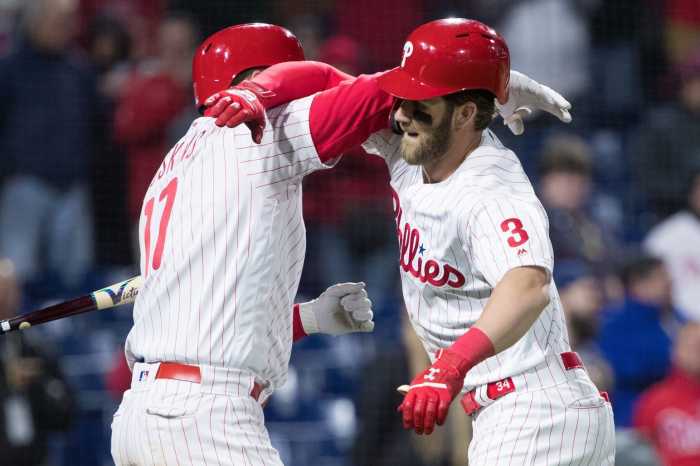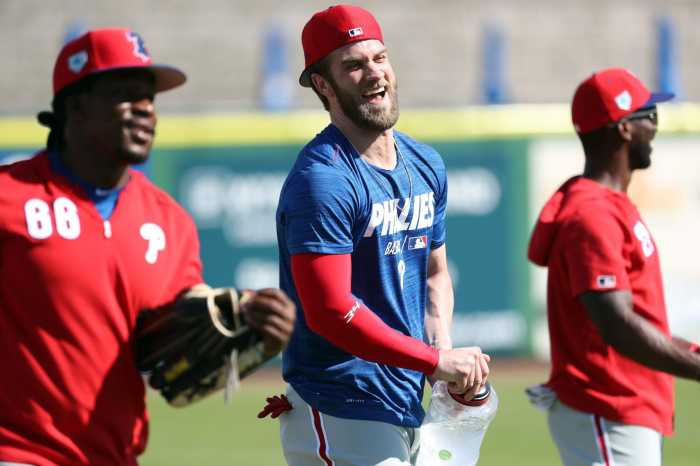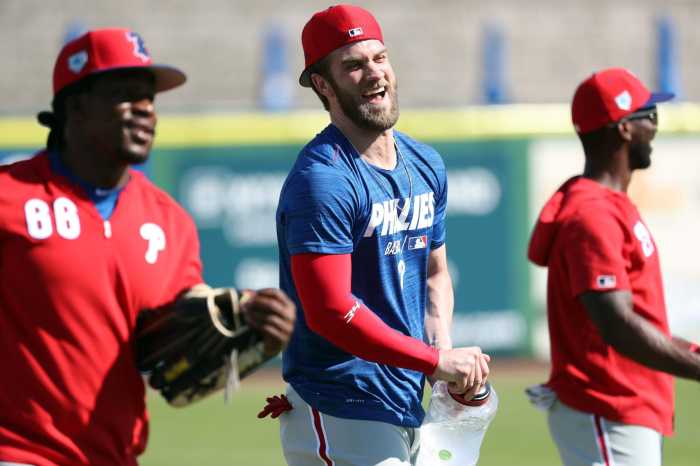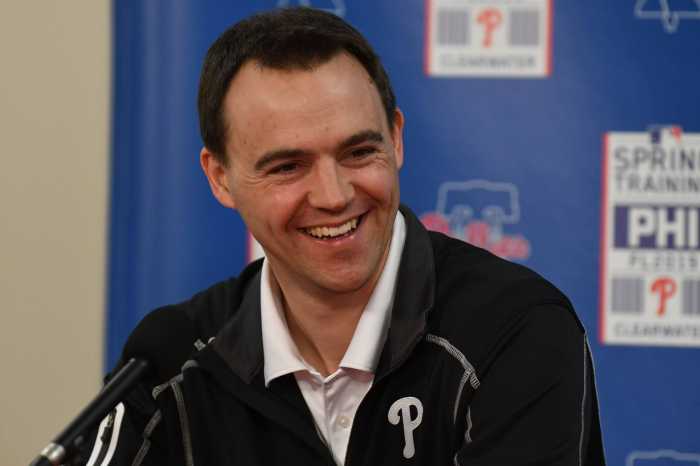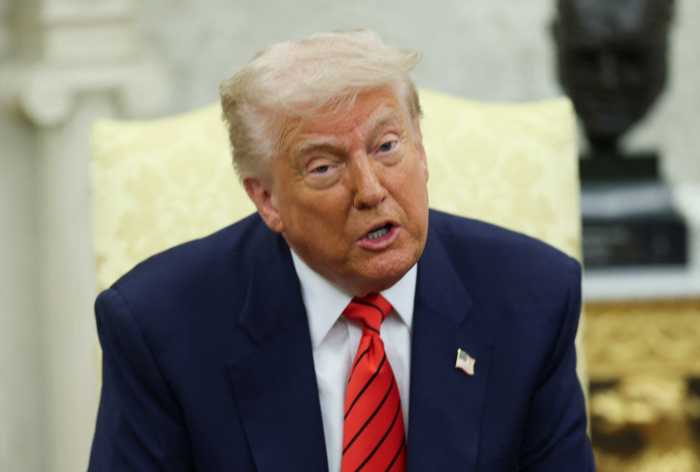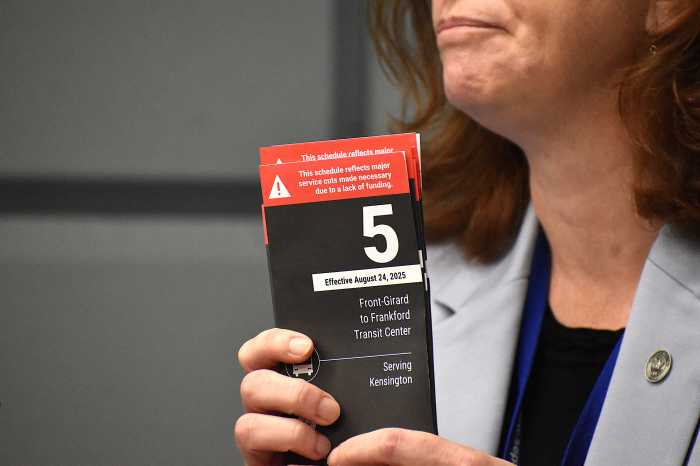There has been a logjam of the National Baseball Hall of Fame in recent years. After 20 candidates being elected in the past six years, that crowded list is clearing up.
On Monday, the 2020 ballot was released. There are 18 new-comers to the ballot this year, including three former Phillies. Bobby Abreu, Cliff Lee, and Raul Ibanez will all have their first chance on the ballot. They will join three other former Phillies already on the ballot; Scott Rolen, Curt Schilling, and Billy Wagner.
Six of the 32 names on the ballot are former Phillies, making up roughly 19% of the total ballot. Let’s take a look at their chances for the Hall of Fame.
I will go from least likely to get in to most likely to get in. For each player, I will include what percent of the vote I think they’ll get in 2020 and a percent representing their overall chance of getting inducted.
Raul Ibanez
0% of the vote, 0% chance of induction
Raul Ibanez played for the Phillies from 2009-2011. He certainly was a fan favorite as every at-bat fans could be heard yelling RAUUUUUUUL.
The problem is fan favorites don’t always make the Hall of Fame. Ibanez has over 2000 hits and 300 home runs in his career, but he only made 1 All-Star Game and never led the league in any statistical category.
In Philadelphia, Ibanez slashed .264/.329/.469 with 100 doubles, 70 homers, and 260 RBI. He had 7 hits in the 2009 World Series, 5 of which went for extra bases. His biggest moment came with the Yankees in his age 40 season. In the ALDS against the Orioles, Ibanez launched 2 huge home runs in just 9 AB.
Sadly, Rauuuuul will probably not receive a single vote on the 2020 ballot.
Cliff Lee
7.5% of the vote, 1% chance of induction
Cliff Lee was one of my personal favorite all-time Phillies pitchers. Fun Fact Time. Cliff Lee is still the last pitcher to throw 10 innings in one game (Rich Hill is the last to pitch past the 9th inning). That alone should be Hall-worthy.
Cliff Lee had a great six-year peak. From 2008-2013, Lee went 85-50 with a 2.89 ERA. During that time period, Lee threw 25 complete games with 12 being shutouts.
He was top 10 in Cy Young voting five times, winning the award with the Indians in 2008. Lee was selected 4X as an All-Star, including twice as a Phillie.
As much as I loved the potent strike-throwing lefty, Lee will most likely not make it. He was a late bloomer. In his first 6 seasons, he held an ERA of 4.64. He also faced injuries at the end of his career. Had he pitched well for two more seasons, he’d have a much better shot.
On a thin-ish ballot, I think Lee stays on for a second year but falls off soon after.
Billy Wagner
25% of the vote, 30% chance of induction
Relievers on the Hall of Fame ballot are always tricky. Some voters still see closers as failed relievers, making induction difficult. That attitude has changed in the past few years as Mariano Rivera was the first player ever to be elected with 100% of the vote.
Fun Fact Time. Before his 26th birthday, Billy Wagner never relieved a single game in the minors. Besides his first professional year, Wagner never had an ERA higher than 3.29 as a starter in the minors. Despite that, Wagner never started a game in his Major League career. Back to the important stats.
Billy the Kid posted a career ERA of 2.31 over 903 IP. If you ignore the year 2000, Wagner never had an ERA over 2.85. He struck out 1196 batters good for a career 11.9 K/9.
He only played two years as a Phillie (2004 & 2005). 2005 was probably Wagner’s 2nd best statistical season. In 77.2 IP, Wagner posted a minuscule 1.51 ERA. He was elected to his 4th of 7 All-Star Games.
Wagner’s last season at age 38 was actually his best. With the Braves, he posted a 1.43 ERA with 104 strikeouts in just 69.1 IP.
Wagner looks to increase his 2019 vote total of 16.7% of the vote. He’ll have a good shot at the Hall, but as I said with relievers it can be tricky.
Scott Rolen
45% of the vote, 80% chance of induction
Remember how I said Raul Ibanez was a fan favorite? Well, Scott Rolen is pretty much the opposite. The former rookie of the year with the Phillies basically forced his way out of Philadelphia kicking and screaming.
None the less, Rolen is still a former Phillies and so it’s my duty to weigh his HoF case and a heavy case it is. Scott Rolen has accumulated the 10th most WAR for a third baseman in MLB history. His 70.2 WAR is right behind Paul Molitor (75.7) and right in front of Edgar Martinez (68.4). Both are already in the Hall.
The only player with a higher WAR at 3rd base that isn’t in the HoF is Adrian Beltre who just retired last year.
Scott Rolen was a solid presence at the plate, slashing .281/.364/.490 for his career. He was also a defensive force at third base, winning eight Gold Glove awards. He also was elected to seven All-Star Games.
His biggest accomplishment would be his performance in the 2006 World Series where he slashed .421/.476/.737. He rightfully deserves the WS MVP from 2006, but it was given to David Eckstein who slashed .364/.391/.500.
Rolen has the stats and the hardware. All he needs now are votes.
Bobby Abreu
39% of the vote, 80% chance of induction
Bobby Abreu was the steal of the century for the Philadelphia Phillies. In 1997, the newly minted Tampa Bay Rays drafted Abreu from the Astros in the expansion draft. They then catapulted Abreu to Philadelphia for Kevin Stocker. Stocker would go on to hit .250 for the Rays.
Meanwhile, Bobby Abreu would become a star in Philadelphia. In 1353 games with the Phillies, Abreu slashed .303/.416/.513 with 195 HR and 254 SB. He was the perfect mix of hitting, power, and speed.
Counting stats, career-wise, Abreu has 2470 hits, 1363 RBI, 1453 runs scored, 288 homers, 400 steals, and 1476 walks. For his career, he slashed .291/.395/.475.
Two HoFers that could be compared to Abreu are Harold Baines and David Winfield. Both players had more home runs than Abreu but had worse triple slashes. Baines slashed .289/.356/.465, all under Abreu’s lines. Dave Winfield slashed .283/.353/.475, all less than or equal to Abreu’s stats.
Winfield and Baines also played 4 years longer than Abreu, yet Abreu had a significantly higher WAR than Baines and just 4.2 WAR less than Winfield.
Ten years ago, Abreu would’ve had little to no shot at the Hall. He would’ve been on the ballot for 15 years peaking at maybe 50%. He’ll have a solid shot over his 10-year eligibility.
Curt Schilling
68% of the vote, 90% chance of induction
Speaking about Phillies steals in trades, Curt Schilling was flipped by the Astros to the Phillies for Jason Grimsley who was a career 4.77 ERA pitcher.
In his first year as a Phillies, Curt Schilling threw 10 complete games and posted a 2.35 ERA. In his second year, Curt Schilling would pitch 4 games in the postseason for the Phillies, including 2 in the NLCS, allowing 3 ER in 16 IP. He would be named NLCS MVP.
Curt Schilling went 216-146 in the regular season with a 3.46 ERA. It’s Schilling’s postseason stats that set him apart. In 19 career postseason games started, Schilling posted a 2.23 ERA in 133.1 IP. He threw four complete games with two of them being shutouts. Schilling went on to win three World Series, including a WS MVP in 2001 with the Diamondbacks.
In four World Series appearances, Schilling posted a 2.06 ERA in seven games started.
Schilling was a 6X All-Star. He never won a Cy Young but was a runner-up three times. He also struck out over 300 batters in three separate seasons.
Schilling received just over 60% of the vote in 2019, falling short of the required 75%. He has also held himself back with controversial comments he has made in the media. If he cared about his self-image more, he might already be in.
He’ll get more votes in 2020 but his candidacy depends on the 40% of voters yet to vote for him. It’ll depend on how much Schilling’s comments might hold him back.
Mandatory Credit: Eric Hartline-USA TODAY Sports


